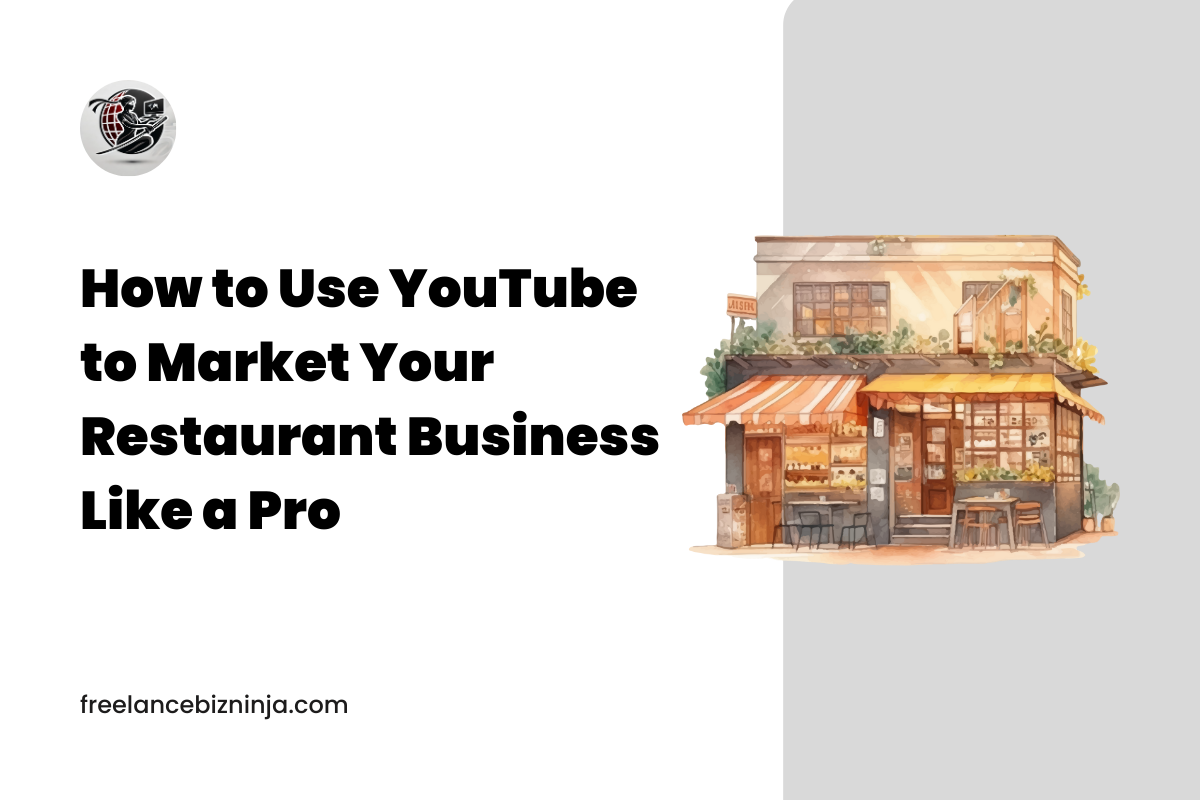Today, we’re breaking down three essential types of SEO that every business owner, blogger, and digital marketer should know:
- On-Page SEO
- Off-Page SEO
- Technical SEO
Each one plays a critical role in how your website shows up (and stays up) in search engine rankings.
1. On-Page SEO: What You Control On Your Site
On-page SEO is all about what happens directly on your website. These are the things you can edit, enhance, and optimize every day.
Key Elements of On-Page SEO:
- Keywords: Use words and phrases your audience is searching for. Naturally, not spammy.
- Title Tags: Clear, specific titles with your main keyword toward the front.
- Meta Descriptions: Short summaries that entice clicks. These don’t directly affect rankings, but they do impact click-through rates.
- Headers (H1, H2, etc.): Organize your content so it’s easy to scan for readers and search engines.
- Internal Links: Connect related pages within your site to keep people (and search bots) engaged.
- Content Quality: This one’s huge. Your content should solve problems, answer questions, and provide real value. No fluff.
If your website content is thin, outdated, or hard to read, no amount of backlinks will fix that. Start here. Own your content.
Think like a human first. Then optimize for Google.
2. Off-Page SEO: What Happens Beyond Your Website
Off-page SEO is everything that happens outside of your website but still impacts your rankings.
Google wants to know, “Do other people trust you?”
Off-page SEO answers that question with a big YES, if you do it right.
Key Elements of Off-Page SEO:
- Backlinks: Other websites linking to yours. This is the holy grail of off-page SEO.
- Social Signals: Shares, likes, and engagement on social platforms (they don’t directly boost rankings but can increase visibility).
- Brand Mentions: Even unlinked mentions of your business can send trust signals.
- Guest Posting: Writing articles for other sites in your niche helps build authority and drive traffic.
- Online Reviews: Especially for local SEO, reviews on sites like Google Business Profile, Yelp, and industry-specific directories matter.
Backlinks are like votes of confidence from the internet. But not all votes are equal, quality over quantity always wins. Build real relationships. Reach out to people in your industry. Share their content. Offer value. Earn links naturally.
3. Technical SEO: The Behind-the-Scenes Powerhouse
This is where many business owners’ eyes glaze over, but stick with me.
Technical SEO is about making sure search engines can actually crawl, understand, and index your site. Without this foundation, even the best content can stay invisible.
Key Elements of Technical SEO:
Site Speed:
- A slow site frustrates users and hurts rankings.
- Mobile-Friendliness: Google is mobile-first. Your site must look and work well on phones and tablets.
Crawlability:
- Search engines need access to your content. A clean sitemap and robots.txt file help with this.
- Secure URLs (HTTPS): Security is a ranking factor. Period.
Structured Data (Schema Markup):
- Helps search engines understand what your content means, not just what it says.
Fixing Errors:
- Broken links, duplicate content, 404 pages, these are all red flags.
Technical SEO isn’t glamorous, but it’s essential. A beautiful website that’s invisible to Google is like a billboard in the desert.

So, Which One Matters Most?
They all work together like a team.
- On-page SEO is your voice.
- Off-page SEO is your reputation.
- Technical SEO is your infrastructure.
You can’t neglect one and expect the others to carry the weight forever.
But you don’t have to do it all at once.
How to Start
If you’re just getting started or feeling overwhelmed, try this 3-step game plan:
1. Start with On-Page SEO.
Fix your content. Make it clear, helpful, and well-structured.
2. Do a Technical Audit.
Check for slow pages, broken links, or mobile issues.
3. Build Relationships for Off-Page SEO.
Start networking. Create valuable content others want to link to.
Search engine optimization isn’t magic. It’s strategy.







